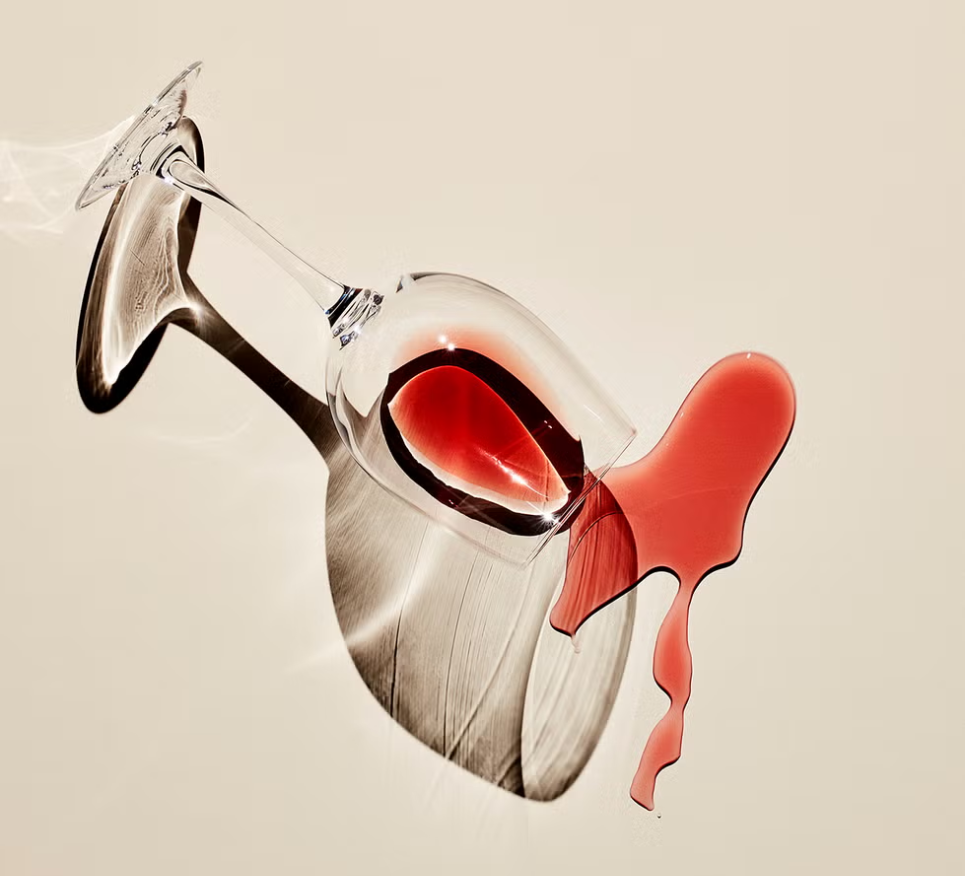We’ve heard that a glass or two of red wine can be good for your heart, or that beer can help you relax. What if all the information we’ve received about alcohol is a sham? It’s time we took a closer at the true impact of alcohol on health.
Sales of alcohol are booming despite the fact that we have known for 37 years now that it causes cancer. In 2023, alcohol sales will reach $37.7 billion. This raises the question: why are we still drinking alcohol at such high levels when the evidence is mounting against it?
The U.S. Vivek Murthy, the Surgeon General, recently called for alcohol labels to include cancer warnings, highlighting at least seven types, including breast cancer. One in six cases of breast cancer is linked to alcohol consumption. Yet, 62% Americans still drink alcohol, unaware of the risks.
Alcohol is not the only problem. Alcohol is linked to over 200 diseases, from dementia to heart disease. Alcohol can cause sleep disturbances, weight gain and even accelerate the aging of your brain. According to one study, drinking just a little more than four or eight drinks per week can cause your brain to age by an additional year.

Why do we still think alcohol is healthy? The answer lies in “health halo effect”. Studies have suggested that moderate drinking could protect against heart disease for decades. Many of these studies were flawed. Many of these studies did not take into account the lifestyle and health factors of non-drinkers. Many of them avoided alcohol because of existing health problems. Researchers found that the supposed benefits of drinking alcohol disappeared when they corrected for these variables.
Alcohol industry has been very good at promoting their products as beneficial. They have even funded research to back up these claims. Newer, more rigorous research tells a different tale. Alcohol may have provided some health benefits in the past, but they can be obtained more safely from other sources like a healthy diet and regular exercise.
It’s time for us to rethink how we view alcohol. We may be approaching a similar turning point in attitudes towards smoking as public awareness grows. But to change, you need more than information. You need a cultural shift.


